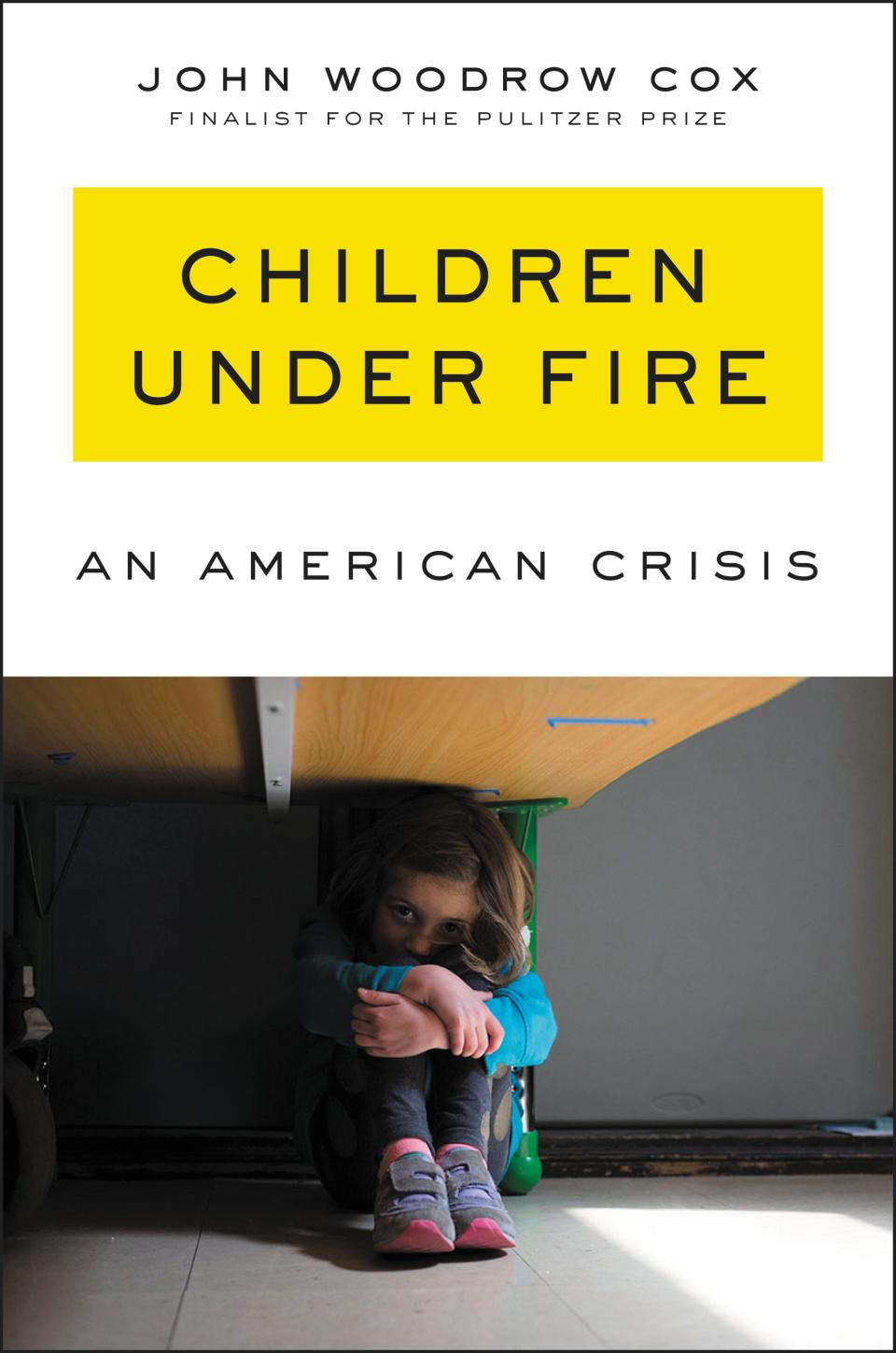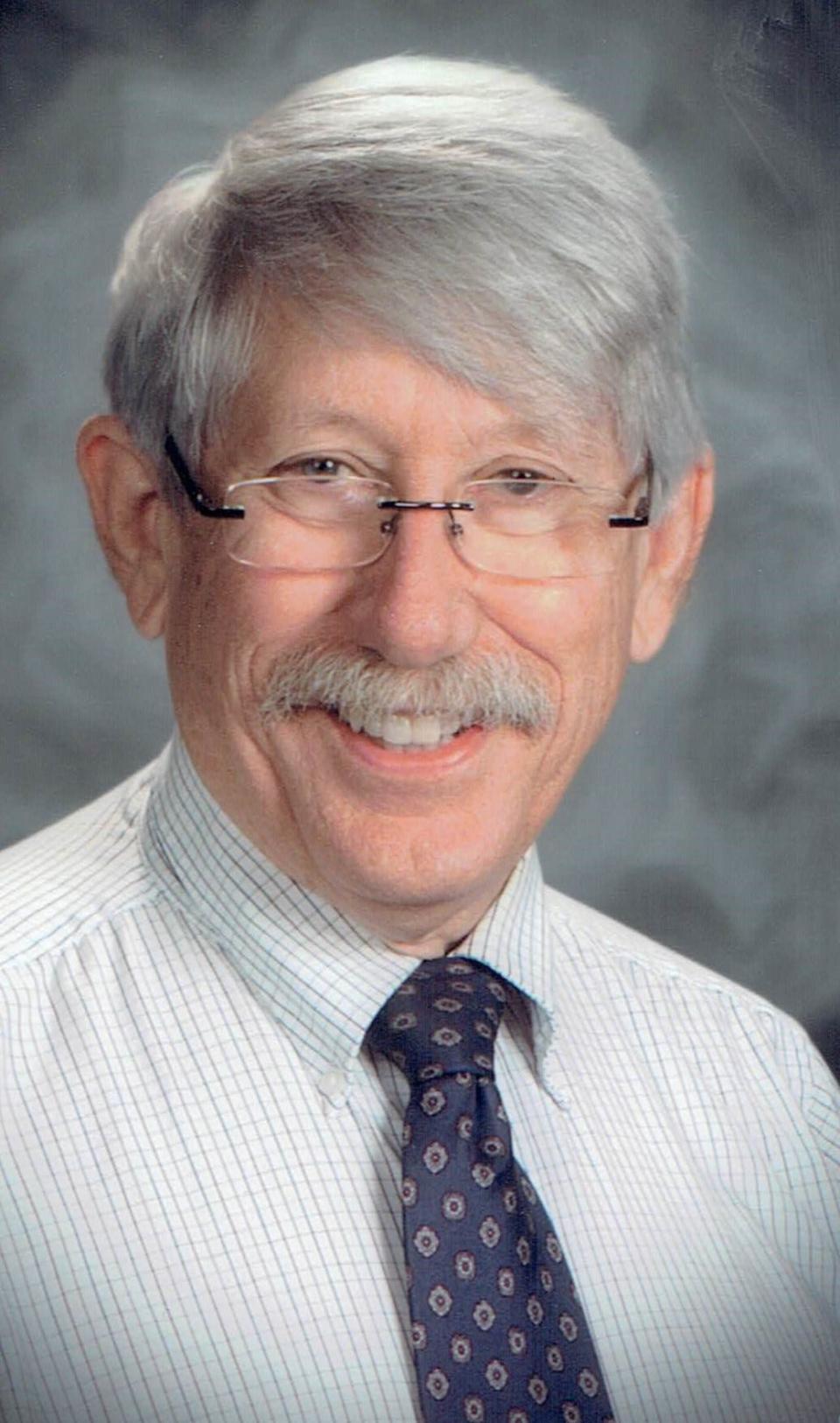Join Nashville Public Library discussion of 'Children Under Fire' | Opinion
We can too easily find the statistics that detail the number of deaths, both intentional and accidental, from firearms, broken down into several different categories.
We usually identify those who lost their lives as the victims. But author John Woodrow Cox in his book “Children Under Fire” focuses on a group whose members suffer various degrees of trauma as a result of these incidents but who are never identified as victims — the children who survive, whether the incident is a mass shooting, an accidental or targeted attack on a family member or friend, or even the threat of such a tragic event within the child’s realm of activity.
Cox does not in any way dismiss the traumatic effects of other forms or causes of loss, but for this particular kind of event, especially a “newsworthy one,” the sequence of events is usually something like this: Count and identify the victims, comfort sympathize with their immediate survivors, switch to searching for someone or something to blame, and dissipate into political disagreements over what interventions would or would not prevent similar disasters in the future.
Hear more Tennessee Voices: Get the weekly opinion newsletter for insightful and thought provoking columns.
Survivors of mass shootings are also victims
What Cox points out, however, is that as terrible as it was that 20 students in two first grade classrooms at Sandy Hook Elementary School were killed in 2012, eight students in those rooms and all the other students in that school survived, but they were never treated as victims.

Since the first mass school shooting in Littleton, Colorado, in 1999, not hundreds, but thousands, of children have been impacted by those incidents; in addition all the children who “survive” in violent neighborhoods, in homes where someone is killed accidentally or intentionally by a gun, in small, often unreported events — all of them are victims and our failure to acknowledge their suffering amounts to, as the subtitle of the book declares, “An American Crisis.”
Nashville citizens are invited to join in discussion of the book at several branch libraries around the city starting on Saturday, Jan. 14. The purpose of the book is not to blame, not to accuse, not to push an agenda other than calling our attention to the needs of this too-often unacknowledged group of vulnerable children who are, in fact, our city’s and our country’s future.
Of the possible interventions Cox considered in the “Epilogue,” only one is “political” (and in fact is one that polling continually reveals is supported by a significant percentage of Americans).
Sign up for Latino Tennessee Voices newsletter:Read compelling stories for and with the Latino community in Tennessee.
Sign up for Black Tennessee Voices newsletter:Read compelling columns by Black writers from across Tennessee.
Get involved in live book discussions
This city-wide book discussion is sponsored by Spiritus, an interfaith group of clergy and lay persons who had read the book and found it far too important to “discuss and move on.”

Check the Events link on the main library web page (https://www.library.nashville.org/events) or the information at your branch library.
For events scheduled on a Saturday, the author will be able to join in the discussion by remote link. Everyone is welcome to attend one or more of these conversations.
Ron Heady, a retired educator, now volunteers with NOAH (Nashville Organized for Action and Hope) and the national organization Braver Angels.
This article originally appeared on Nashville Tennessean: Join Nashville Public Library discussion of 'Children Under Fire'

